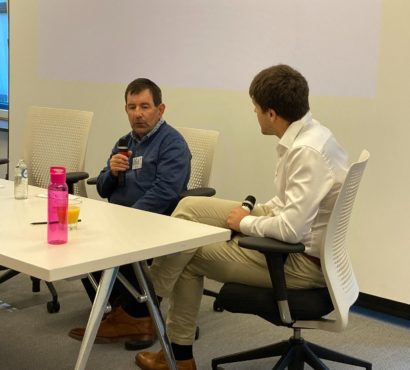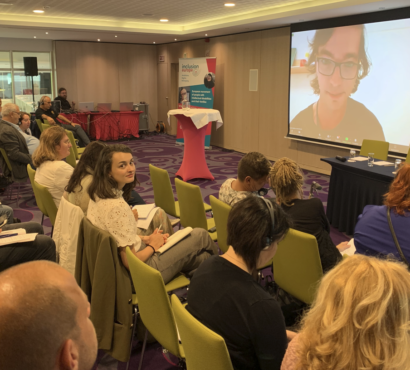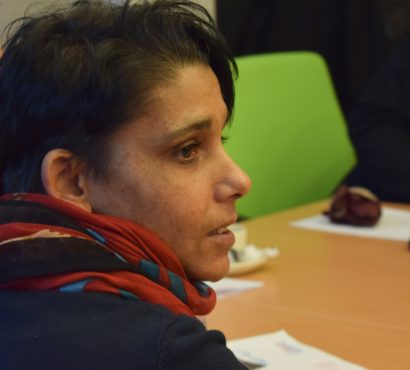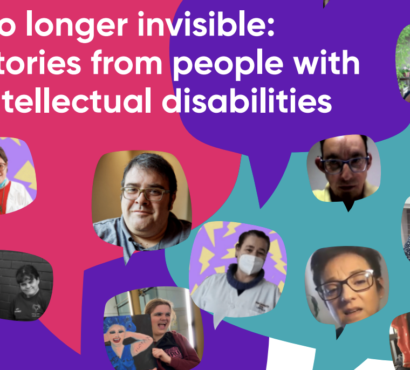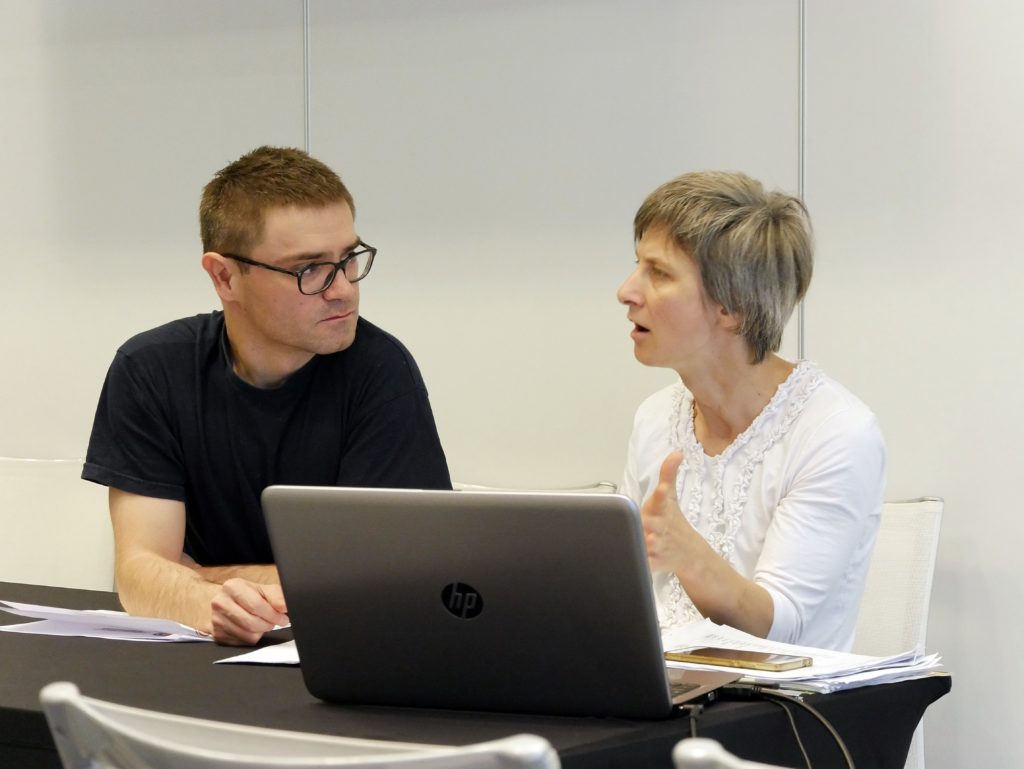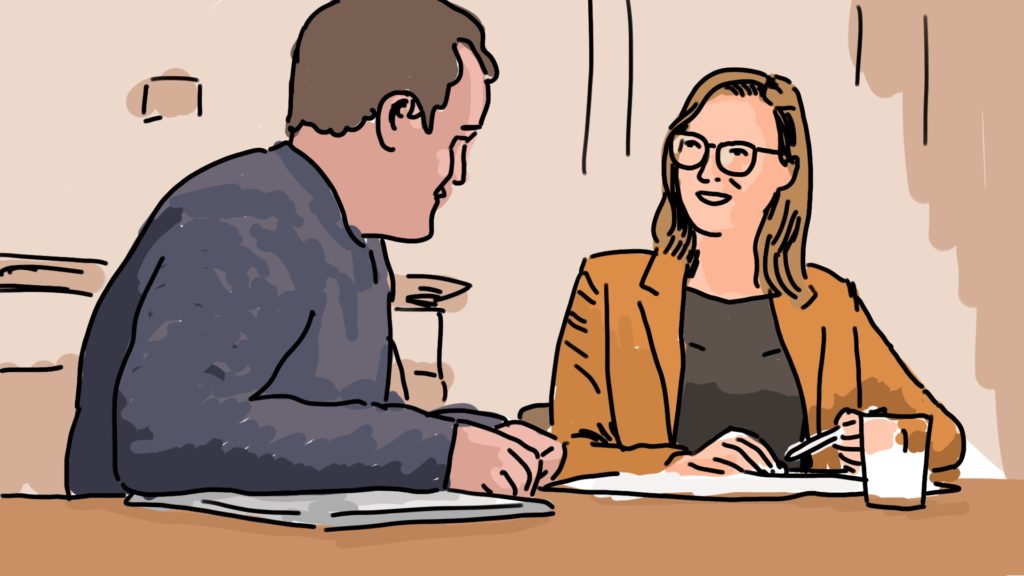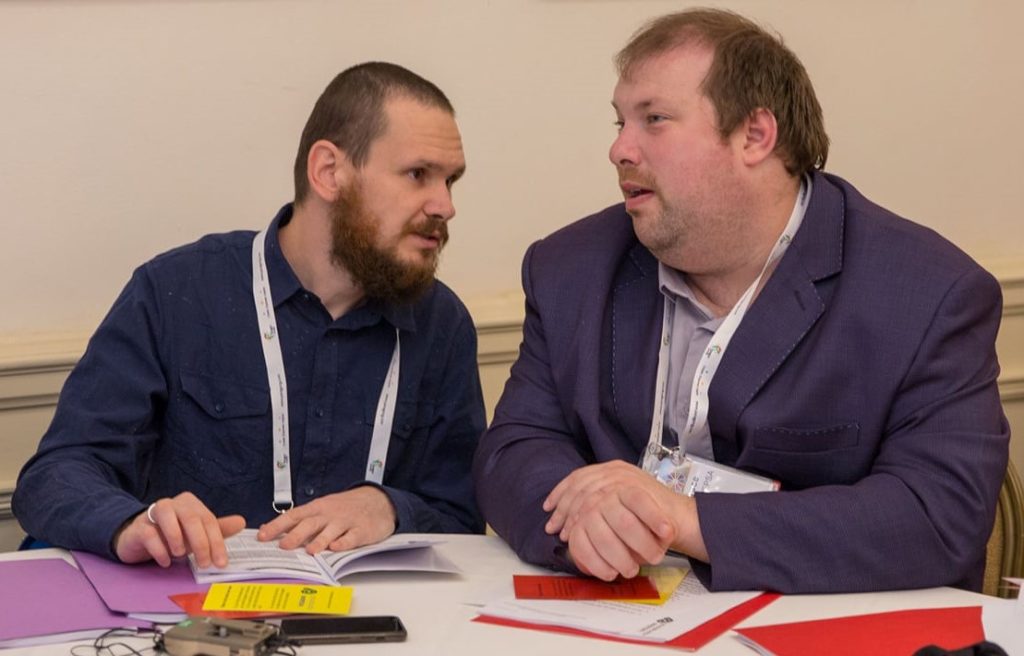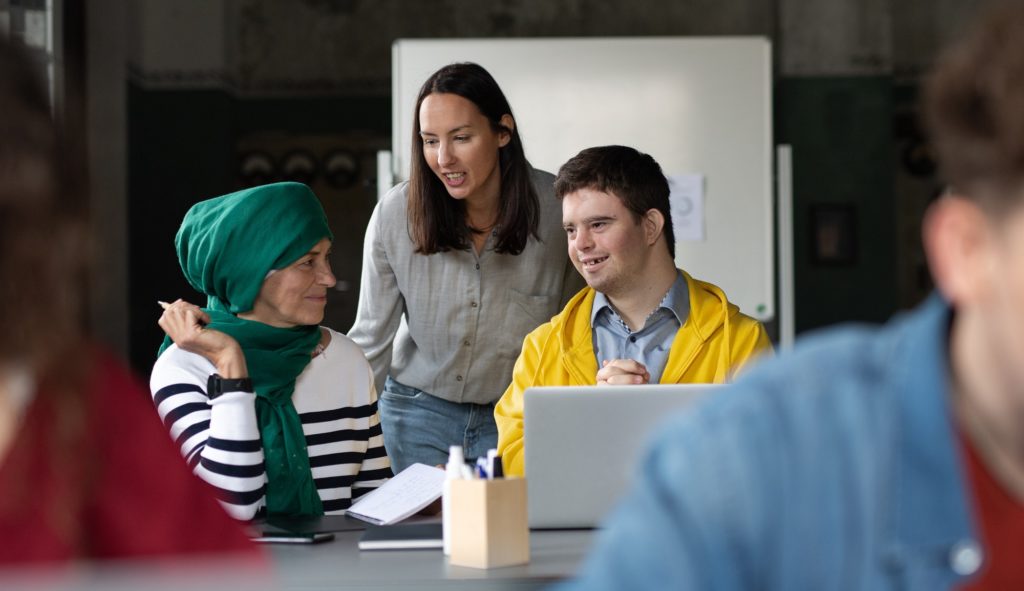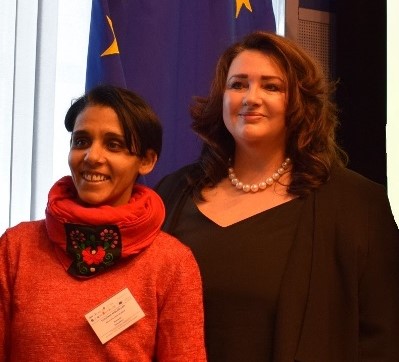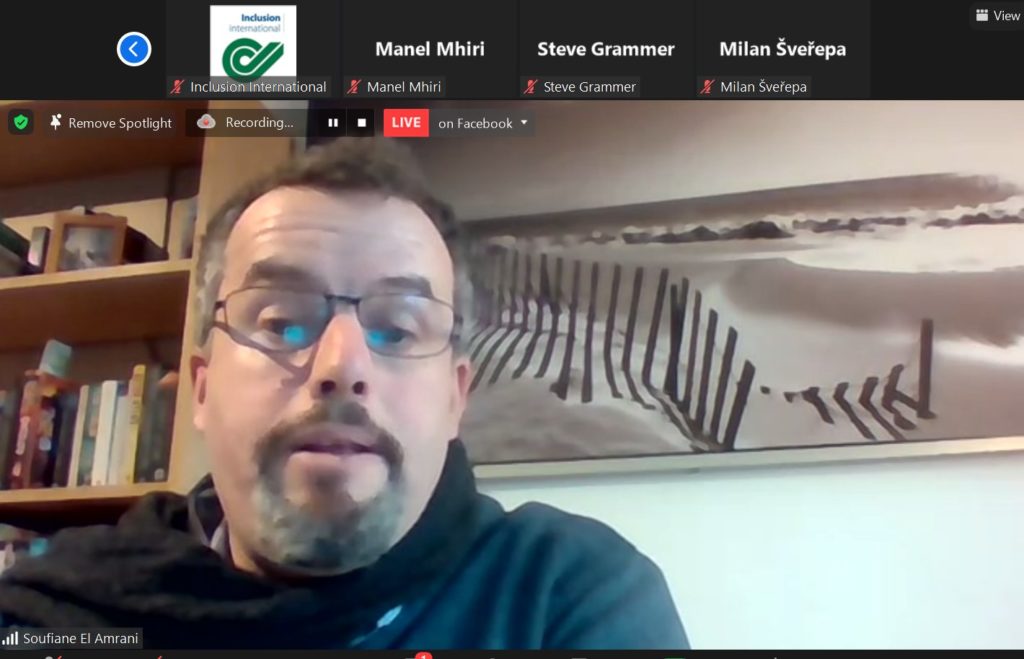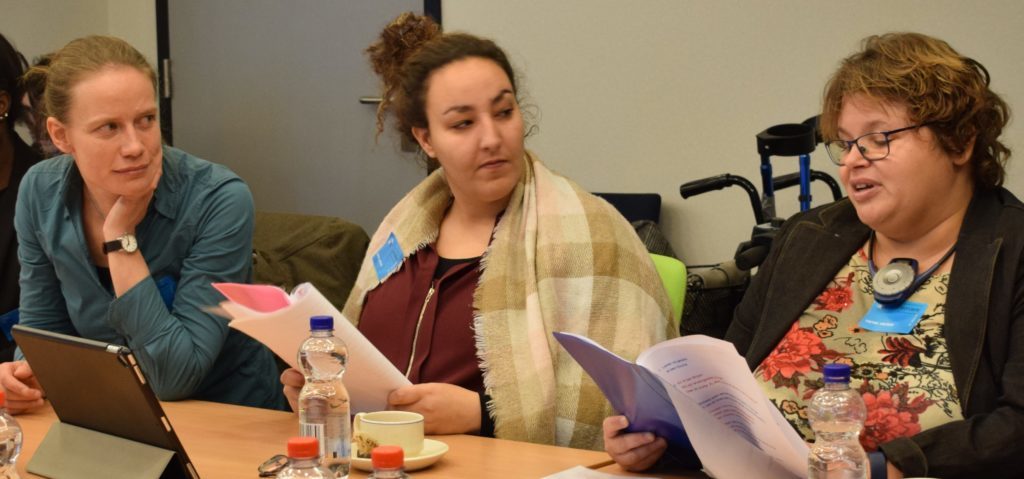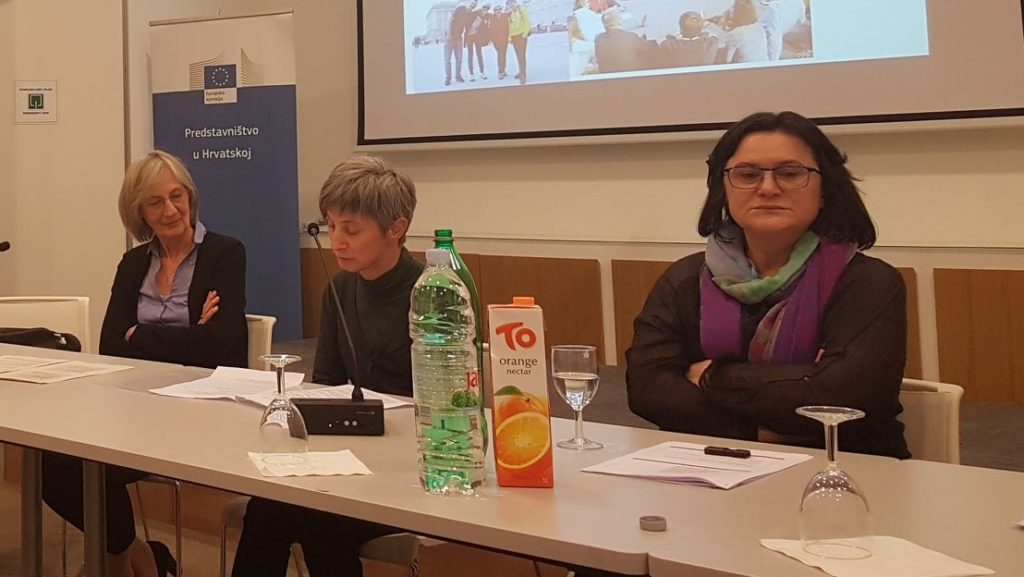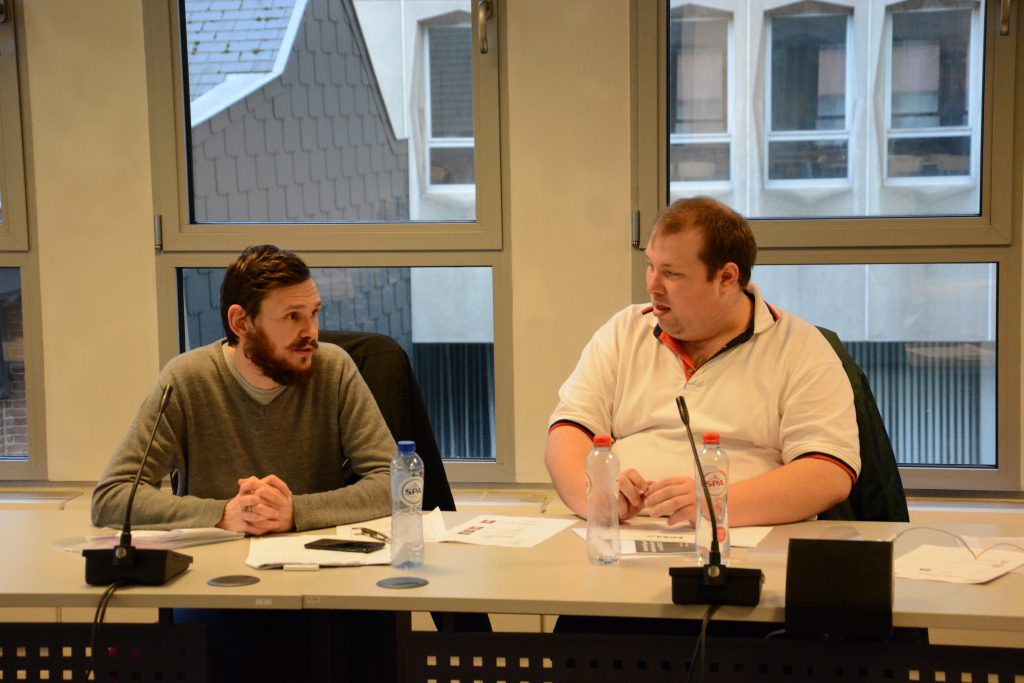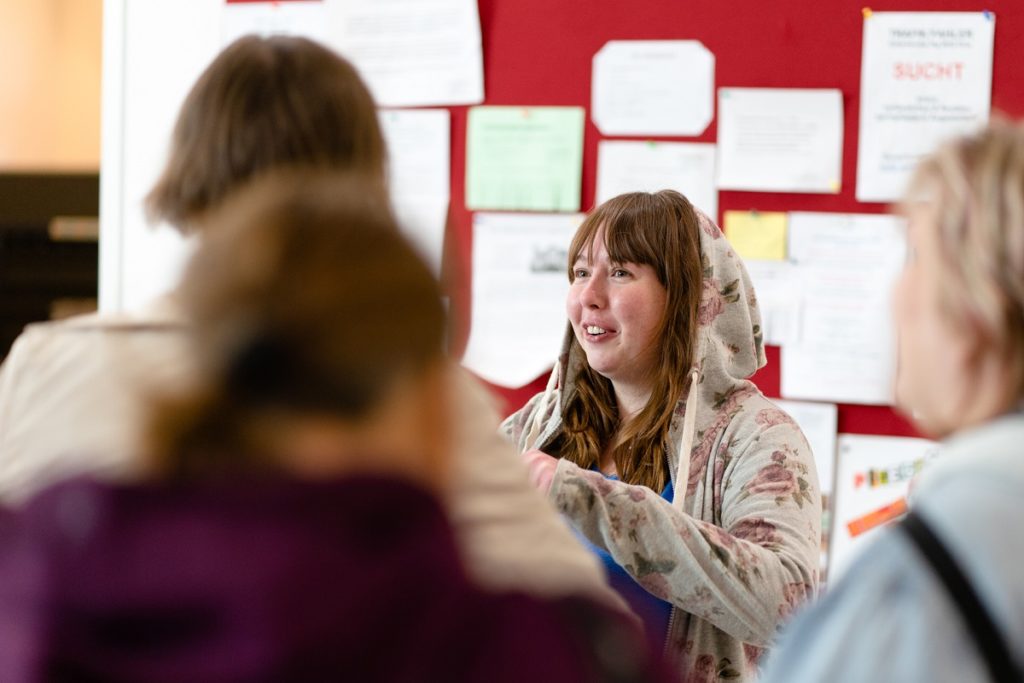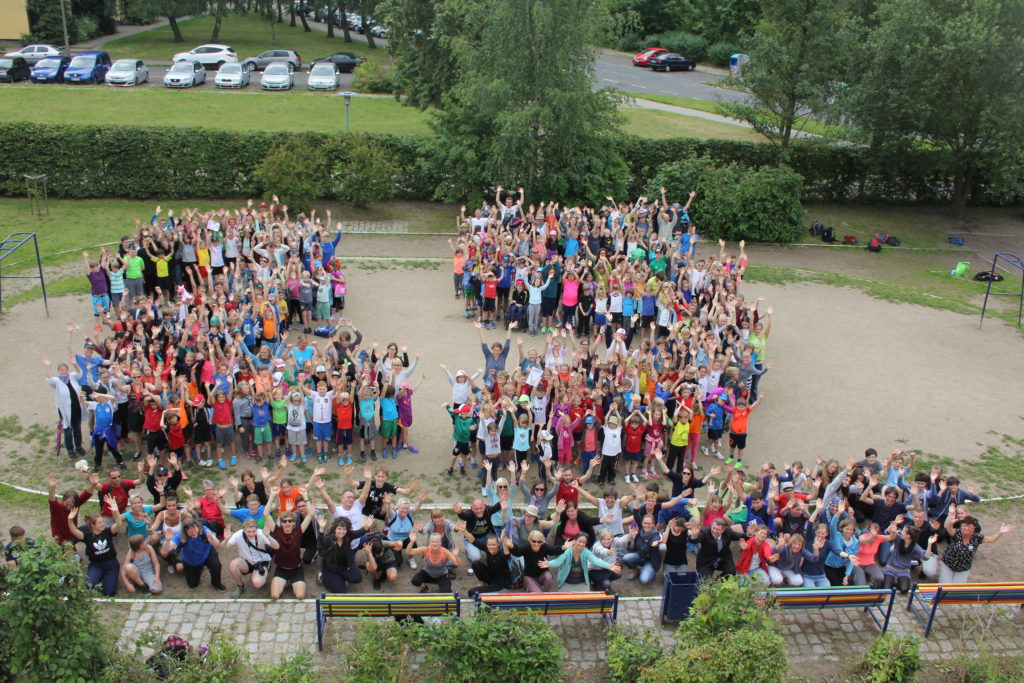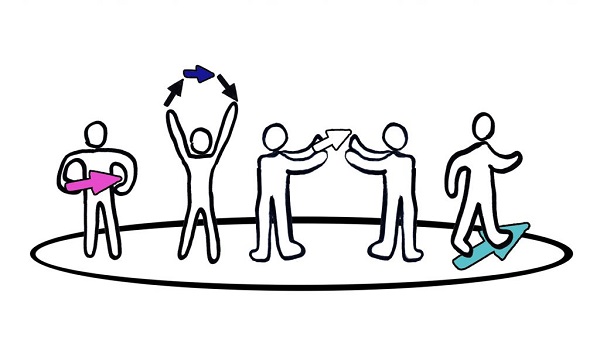Belonging. Our new plan to end segregation of people with intellectual disabilities.
People with intellectual disabilities and their family members still face segregation, and discrimination.
Their rights are being denied on daily basis.
They cannot live the lives they want.
- People with intellectual disabilities, and people with complex support needs, are most likely to be institutionalised! They are also being left behind in institutions when others get support to move out into the community.
- Most students with intellectual disabilities must go to segregated schools. Many cannot go to school at all!
- Only small number of people with intellectual disabilities have proper jobs!
- People with intellectual disabilities are even prevented from voting (.pdf) in more than half of the European Union countries!
Inclusion Europe wants segregation of people with intellectual disabilities to end by 2030!
With our members, other disability organisations, activists, and experts we fight for Europe where people with intellectual disabilities enjoy equal rights, and participate fully in all aspects of life.
- Where they can decide about their lives, including in elections, not being deprived of this basic right by legal capacity laws.
- Where they live and have support in the community, not being segregated and institutionalised.
- Where they go to mainstream schools, have jobs and are respected in their social roles, are not kept apart from others, left without proper education or future.
Join us, as we intensify our work to help all people with intellectual disabilities to realise our shared ambitions: Of living in your own place. Having friends. Making your own choices. Being good at something. Belonging.
Deinstitutionalisation means ensuring people are in full control of their life
Let people make their own decisions!
The UN Convention on the Rights of Persons with Disabilities (UN CRPD) clearly states that “persons with disabilities enjoy legal capacity on an equal basis with others in all aspects of life”.
Inclusion Europe wants countries to change their law so that people with intellectual disabilities no longer have full guardianship. Instead of that they should have supported decision-making. Supported decision-making means that people with intellectual disabilities have someone who supports them in making decisions. With supported decision-making people with intellectual disabilities can keep their rights.
Inclusion cannot be a “good practice” lottery. It is a right, and it must become the norm in our societies.
Institutionalisation happens in places where people are treated in groups (based on disability, for example), away from others, their lives directed not by own wishes and needs, but by the institution’s rules and protocols.
- Segregated institutional support must be replaced with support that helps each and every person to be part of the world around them: be part of a family, have friends, have a job, be good at something. To belong.
- There must be proper support for families too, so they don’t have to “choose” between dedicating all energy to one member, or removing them into an institution. With the right support, families can be just that – families. Not full-time carers, therapists, administrators, organisers.
Universal solutions don’t exist – universal principles do: People seek human connections, stability. That must be the guiding principle of any support system. Independence and inclusion are achieved by respecting each and every person’s needs and providing a spectrum of individualised support (.docx).
People leaving institutions need support establishing relations, learning about outside world and dealing with the consequences of institutionalisation (including support to cope with abuse they experienced in the institution).
There are still over 1,400,000 people living in institutions in the EU.
The 2020 Report on the Transition from Institutional Care to Community-Based Services in 27 EU Member States marks 10 years since the publication of the first report addressing the issues linked to institutional care reforms and to find solutions for more humane, person-centred and individualised models of care.
The report presents these key findings:
- the number of people in institutions does not seem to have substantially changed over the past 10 years;
- the number of children in residential care has slightly decreased, with them moving to live with their families, being fostered, adopted, or reaching majority and therefore leaving residential care for children;
- in all the 27 EU countries, people are living in residential care, with only a small number of it being primarily small-scale and community-based, e.g. dispersed among ordinary housing in the general community. Small-scale residential services still represent a minority of the care settings in most of the 27 EU countries;
- in many countries, and especially those who started the process of deinstitutionalisation some time ago persons with intellectual disabilities and people with complex support needs are most likely to still live in institutional settings.
Belonging. Our new plan to end #segregation of people with intellectual #disabilities. Join us, as we intensify our work to help all people with intellectual disabilities to realise our shared ambitions.https://t.co/YlNsivz549
— Inclusion Europe (@InclusionEurope) February 16, 2022
🛑 End segregation!
That is the focus of our work in 2022.
It is the last of our 5Es for full rights and inclusion campaigns https://t.co/c7QdrHrbJTAnd it is also the basis for our renewed strategy beyond this year.
Same issue, more determination!— Inclusion Europe (@InclusionEurope) January 3, 2022
Today I am Senada Halilčević, a person with a disability, but I am much more than that. I am a sister, daughter, friend, colleague, athlete, employee, and every day I try to show that I can achieve everything I want. https://t.co/KpwvpDd1ze pic.twitter.com/AlsSBdNpwE
— Inclusion Europe (@InclusionEurope) June 28, 2022
Ambitions. Rights. Belonging. 🤝
Europe in Action to End Segregation conference takes place from 7 to 9 September 2022 in Brussels. 🇪🇺 It is an opportunity for our movement to come together after almost 3 years.
🪡 Follow this thread for updates. https://t.co/PtVOBRmWcC pic.twitter.com/D5Bm5Uv1Cc
— Inclusion Europe (@InclusionEurope) September 6, 2022
"I had to fight all my life. It was a hard life.
I wish for others to do the same things as I.
Live a life of your own.
Get education, get experience, go to work.There is nothing about us without us!
Our voice our choices!"– Paul Alford at our conference last week pic.twitter.com/NvvQfqv4jC
— Inclusion Europe (@InclusionEurope) September 16, 2022
Europe in Action conferences connect people, organisations, ideas, and places. The event brings together people with intellectual disabilities, their families, activists, and professionals who discuss issues important to them and share experiences and ideas to advance inclusion. pic.twitter.com/QrXeNJYf7N
— Inclusion Europe (@InclusionEurope) September 6, 2022
At Europe in Action to End Segregation conference, Paul Alford spoke about how he lives independently in Ireland.
Paul faced many difficulties before working at @InclusionIre, travelling and living in his own house.
Read his speech here: https://t.co/TMHrvxGxqi pic.twitter.com/WoXf1fQblO
— Inclusion Europe (@InclusionEurope) November 21, 2022
If governments employed more people with disabilities we would have paid jobs and not be ignored – Tamara Byrne; recently joined the EDF Youth Committee as a representative of Inclusion Europe. This is what Tamara said during #EDPD2022 https://t.co/3XcIb7BOuM pic.twitter.com/JukL6ESmYW
— Inclusion Europe (@InclusionEurope) November 24, 2022
At Europe in Action to End Segregation conference, Olena thanked Inclusion Europe and its members for funding Ukrainian NGOs.
Olena highlighted the importance of the money given to them during the ongoing war in Ukraine.
Read her speech here: https://t.co/i5rTWFawio pic.twitter.com/lS0BXwB78N
— Inclusion Europe (@InclusionEurope) December 26, 2022
"It is crucial to involve self-advocates in deinstitutionalisation," László Bercse says.
"The process should strengthen self-advocacy, so that people moving out from institutions can learn how to speak up for themselves." pic.twitter.com/GG5q2KW9Ld
— Inclusion Europe (@InclusionEurope) October 11, 2022
Total number of people in institutions does not seem to have substantially changed over the past 10 years in the EU.
To mark #ILDAY22 today, @ENIL_EU calls on the EU to ensure full implementation of the UN CRPD.https://t.co/7EKYLnv706 pic.twitter.com/s1P0ADN0WS
— Inclusion Europe (@InclusionEurope) May 5, 2022
Living freely and being members of communities like everyone else, László Bercse for End Segregation campaign. https://t.co/j71armwPoW pic.twitter.com/9w6BT3kYkx
— Inclusion Europe (@InclusionEurope) August 1, 2022
Living in your own place.
Having friends.
Making your own choices.
Being good at something.Belonging.
All people share these ambitions.
— Inclusion Europe (@InclusionEurope) September 7, 2022
Register to attend an event about employment of people with intellectual disabilities.
📆 7 September 2022 from 14:30 to 16:45 in Brussels.
The event is organised in collaboration with the European Economic and Social Committee @EU_EESC https://t.co/jBThHALaT9 pic.twitter.com/oSEM1PMOE1
— Inclusion Europe (@InclusionEurope) August 28, 2022
Inclusion cannot be a “good practice” lottery.
It is a right, and it must become the norm in our societies.— Inclusion Europe (@InclusionEurope) January 12, 2022
Our campaign #EndSegregation is loading. Join us, as we intensify our work to help all people with intellectual disabilities to realise our shared ambitions: Of living in your own place. Having friends. Making your own choices. Belonging. https://t.co/2AjnVWx9rl pic.twitter.com/5r6Yb6i6l0
— Inclusion Europe (@InclusionEurope) June 14, 2022
Disability-inclusive rebuilding in Ukraine with @catherinenaugh @MyEDF. Raisa Kravchenko with VGO Coalition, sharing reconstruction needs in Ukraine.
Freek Spinnewijn, @FEANTSA talking about housing and policies to prevent homelessness pic.twitter.com/63DoWG6wRF— Inclusion Europe (@InclusionEurope) September 8, 2022
Europe in Action conference is starting. 🇪🇺 We are so happy to welcome our members and guests from 7 to 9 September 2022 in Brussels. It is an opportunity for our movement to come together after almost 3 years. All about Ambitions Rights Belonging. 🤝 pic.twitter.com/DZxCB1AaqG
— Inclusion Europe (@InclusionEurope) September 7, 2022
"Being inclusive is not just having me here to speak at a conference. It is also about making the conference accessible for me by using words everyone here can understand" Tamara Byrne
— Inclusion Europe (@InclusionEurope) November 24, 2022
We are at the European Day of Persons with Disabilities today at the @EUparliament represented by self-advocate Tamara Byrne from the @MyEDF Youth Committee 🇪🇺 pic.twitter.com/yv0WHNke2m
— Inclusion Europe (@InclusionEurope) November 24, 2022
At Europe in Action to End Segregation conference, @Heather_Enable spoke about the "My Own Front Door" campaign launched by @ENABLEScotland.
Read her speech here: https://t.co/op6YC1uiw6 pic.twitter.com/8XQhLvGWTd
— Inclusion Europe (@InclusionEurope) November 14, 2022
The event presents deinstitutionalisation at national, regional, and local level. @EU_Commission will present how the EU supports deinstitutionalisation.
📍Brussels, Rue de la loi 75, Thon Hotel EU
📆 7 September 2022,14:00 to 16:30Register: https://t.co/kRGiQXpyMZ pic.twitter.com/TSClX9sGUX
— Inclusion Europe (@InclusionEurope) August 30, 2022
Good news in #IncludeNews:
The European Parliament proposes a new electoral law improving political rights of persons with disabilitieshttps://t.co/7EKYLnv706 pic.twitter.com/RZmf7UkrQS
— Inclusion Europe (@InclusionEurope) May 4, 2022


